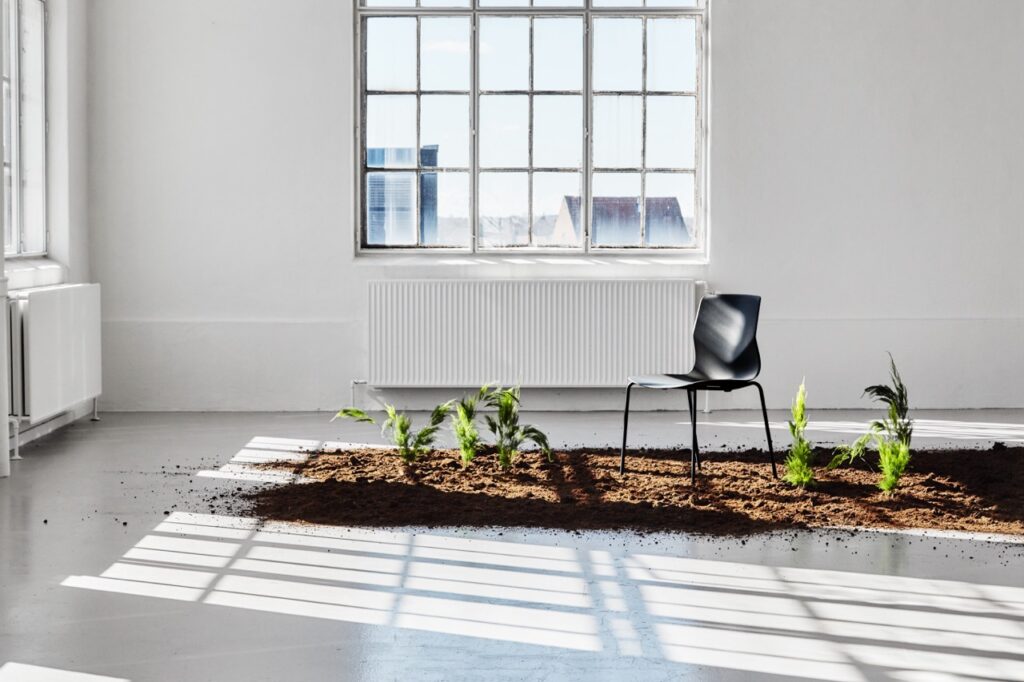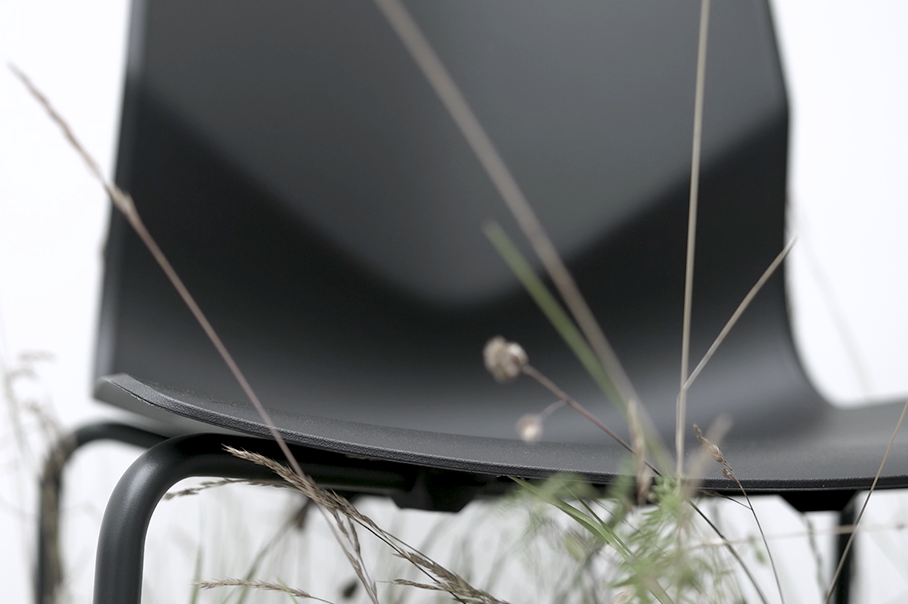The UK’s overshoot day – the date when our demand for ecological resources and services exceeds what Earth can regenerate in the year – is 20th May. This means that for the remainder of 2025 we are on ‘borrowed time’. Last year, the date was 3rd June highlighting that the situation is deteriorating.
The 2024 Circular Gap Report, published by Circular Economy, reports that “the share of secondary materials consumed by the global economy has decreased from 9.1% in 2018 to 7.2% in 2023 – a 21% drop over the course of five years.”
“In the same period, we have consumed over 500 gigatonnes. That’s 28% of all the materials humanity has consumer since 1900.”

As a society, we must change. The United Nations’ Sustainable Development Goal 12 is prescriptive: “ensure sustainable consumption and production patterns”. We must act with greater responsibility to sustain the livelihoods of current and future generations.
The concept of value retention and the processes that allow the use of products for longer, reduce raw material extraction and counteract waste, are not new. Older generations will speak of the post-War ‘make do and mend’ culture. Globalisation, together with mass production, have, however, resulted in the dramatic increase in consumption. All too often, products are not repairable, or a new alternative might be seem cheaper.
The purchase price cannot be the only measure. Specification choices should include reuse potential, durability, repairability, design for disassembly and embodied carbon. Currently, it is estimated that the UK’s Fit-out and Interiors Sector discards 300 tonnes of fit-out waste every day with furniture and fittings accounting for up to 30% of a commercial building’s footprint over its lifespan.

With a history spanning more than 90 years, Ocee & Four Design remains focussed on crafting more than just visually appealing furniture. The design approach is based on intelligent and practical solutions that seamlessly integrate into everyday environments, be if an office, university, break room, or reception area.
Over the decades, the guiding precept has focussed on ‘timeless’ aesthetics – applying principles that transcend fleeting trends and maintain appeal and relevance over time. The Antelope chair, for example, was originally designed for the 1951 Festival of Britain terraces and remains in production today. Similarly, the G2 chair was first introduced in 1996 and the Four Sure family, launched in 2014, continues to be a popular choice.
Whilst aesthetic design remains paramount, the approach, particularly over the last five years, has embraced the principles of eco-design including repairability, ease of disassembly and durability.
Last year, Ocee & Four Design made a bold announcement with the introduction of over 50 products with 25-year and 30 with 10-year warranties highlighting the confidence in the quality of manufacturing.
The company has now announced that warranties across its entire product portfolio can be transferred through change of ownership. This game-changing initiative represents a significant step forward for reuse in the office furniture market.
This latest announcement is another element in the overall waste reduction strategy including the ‘Take Back’ scheme together with the collection and reuse of fabric offcuts.
The global scale of waste has reached staggering proportions, and we all have a responsibility to act. Resources are finite and should be used respectfully and wisely. Ultimately, we must adopt a circular economy to protect future generations.
Written by Joanna Knight, Sustainability Lead, Ocee & Four Design
With over 35 years’ experience in the furniture sector, Joanna is a Chartered Environmentalist and Fellow of the Institute of Environmental Management and Assessment.


